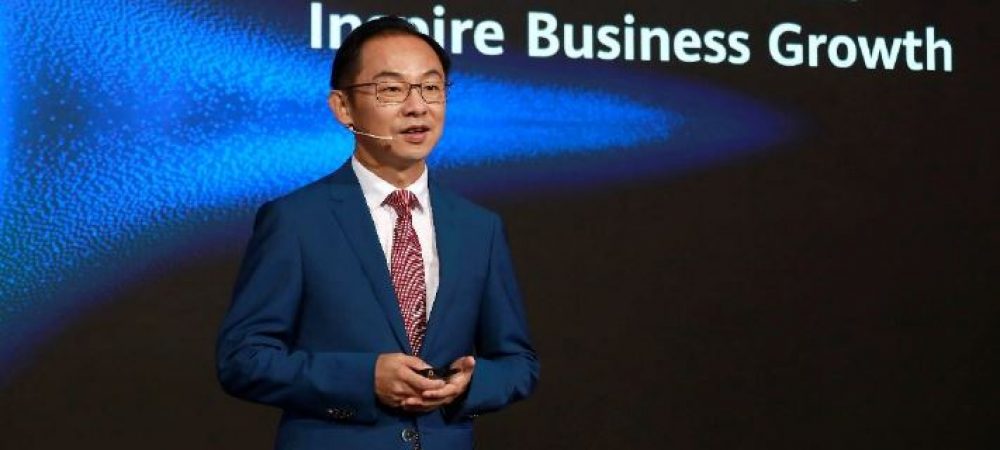Huawei’s Executive Director and President of the Carrier, BG Ryan Ding, has delivered a keynote speech at the Better World Summit 2020.
According to Ding, as the COVID-19 crisis continues globally, carriers need to be prepared in four areas of network construction and business development to quickly unleash network potential and inspire business growth.
Here are the highlights of Ryan Ding’s keynote speech.
1. Carriers need to maximize the value of existing networks. They should make the most of their networks and rapidly expand their capacity by using software or adding boards or replacing RRUs. This can help them respond to the soaring data traffic during the pandemic and optimize site TCO.
2. Carriers should focus on user experience and build the best 5G networks.
The best network experience brings the biggest commercial success. In South Korea, for example, carriers are seeing lucrative gains from building the best 5G networks and offering users the best experience. Huawei will continue to help carriers deliver the best possible user experience and quickly monetize 5G network capabilities.
3. Carriers need to speed up 5G commercialization in B2B for more business opportunities. 5G is entering a new development phase, and the B2B market is key for carriers’ commercial success. Carriers need to choose the right industries and build new 5G capabilities targeting B2B. They also need to push for unified industry standards to accelerate 5G adoption at scale in B2B.
To succeed in B2B, choosing the right industries is crucial. Private lines have become a quick-win use case for 5G in B2B, with more than 15 carriers having 5G private line services. Carriers can consider three factors when deciding which industries to focus on: industry attractiveness, commercial viability and technical viability. Huawei suggests that carriers should currently focus on mining, steel, ports and oilfield industries when developing 5G in B2B.
Carriers need to build 5G network planning, construction, maintenance, optimization and operations capabilities for B2B. For example, they need to improve their network planning capabilities that target different production environments of industries and provide products and solutions that meet industry requirements. In addition, they need to develop service and ecosystem enablement platforms, provide standardized products and services and build viable business models.
Carriers need to push for unified industry standards. Unified industry standards are the basis for large-scale 5G development in B2B. Cross-industry collaboration is well under way. Many industries like mining and steel have begun to communicate industry standards through such efforts as publishing industry white papers, establishing ecosystem alliances and participating in the standards discussion.
4. Carriers need to build future-oriented target networks. The telecoms industry needs to think hard about how their networks can be adapted to the ever-changing needs of individuals, families and businesses as well as how to support the development of the digital economy. Huawei will continue to help carriers build future-oriented target networks to support their continued success.
Other speakers at the session included: Liang Baojun, Senior Vice President at China Unicom; Liu Jian, General Manager of Government-Enterprise Business Group at China Mobile; Choi Yoon Ho, Vice President of AR/VR Service at LG U+; Phil Kendall, Executive Director at Strategy Analytics; and Peng Honghua, President of 5G Product Line at Huawei.


